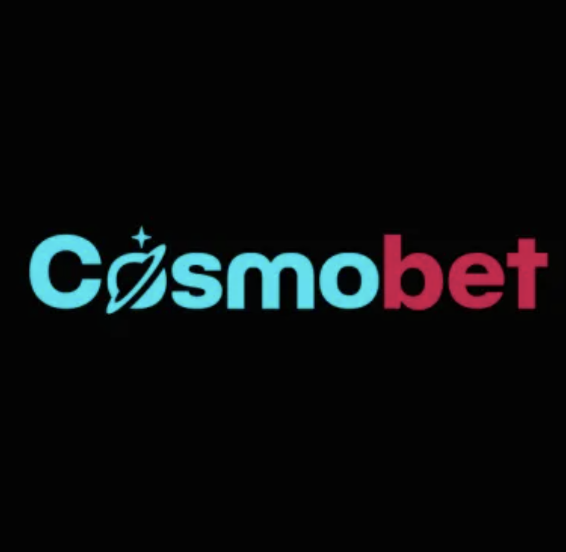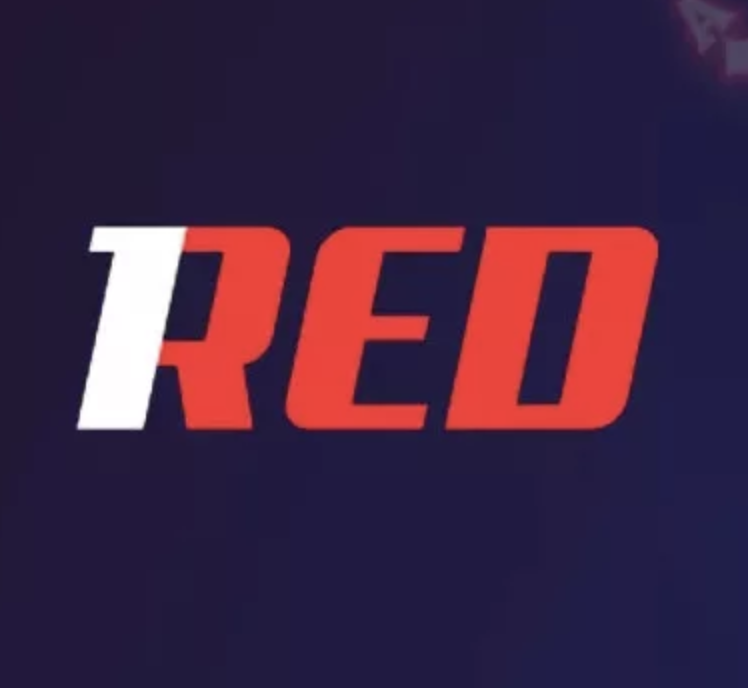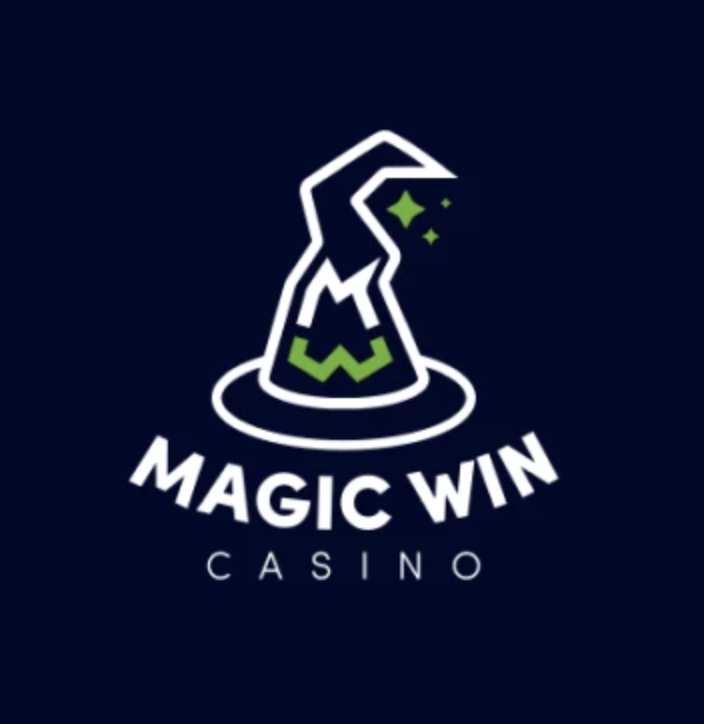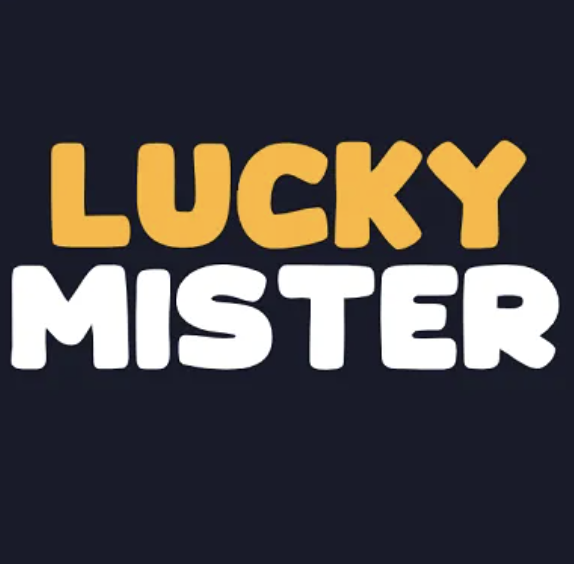The Central American nation of Costa Rica represents a fascinating anomaly in the global gambling landscape, where perception and reality diverge dramatically. Hundreds of online casinos worldwide boldly display Costa Rican credentials, yet the fundamental reality remains that Costa Rica operates no formal gambling licensing system whatsoever. This paradox has created a thriving ecosystem of gaming operators functioning within a regulatory gray area that emphasizes commercial freedom over consumer safeguards.
Our investigation uncovers the authentic mechanisms behind Costa Rican gambling operations, dissecting the registration processes that operators actually navigate, identifying which casinos maintain legitimate local presence, and clarifying the legal nuances surrounding gambling Costa Rica activities. The country’s unconventional methodology generates distinct advantages alongside considerable hazards that require careful evaluation.
🏅 CasinoJoy
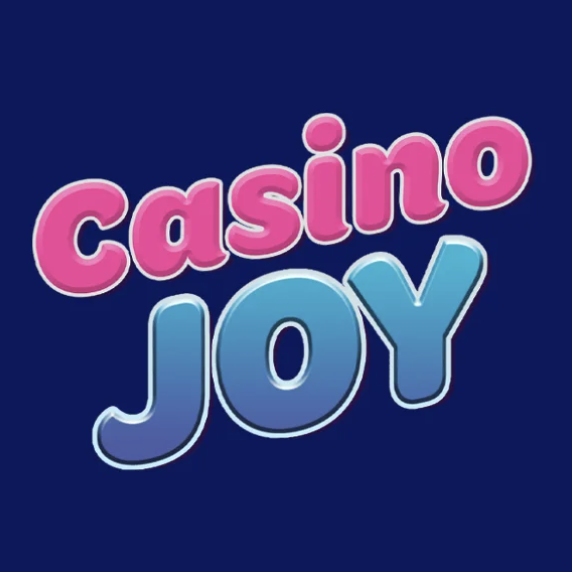
- Welcome Bonus: 450% up to €6,000 + 425 Free Spins across the first four deposits.
- Withdrawal Speed: 24–48 hours.
- Unique Benefits:
- Over 9,000 games, including slots, table games, and live dealer options.
- Daily bonuses and a VIP shop for loyal players.
- Supports multiple cryptocurrencies for deposits and withdrawals.
CasinoJoy offers an extensive game library and generous bonuses, catering to both casual and high-roller players seeking variety and value.
🏅 Velobet
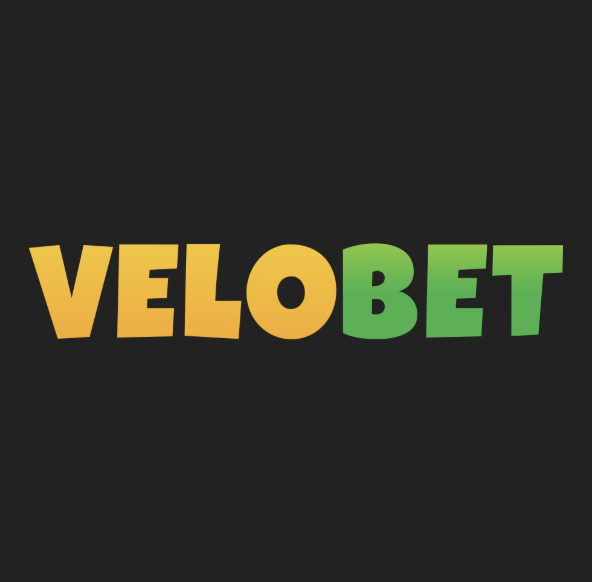
- Welcome Bonus: 150% up to €500 + 70 Free Spins on the first deposit.
- Withdrawal Speed: Varies; e-wallets and cryptocurrencies offer faster processing.
- Unique Benefits:
- Over 70 game providers, offering a diverse gaming experience.
- Crypto-friendly platform with multiple payment options.
- Regular promotions and a user-friendly interface.
Velobet stands out with its extensive game selection and flexible payment options, appealing to a broad range of players.
🏅 Cosmobet
Cosmobet offers a vast game library and attractive crypto incentives, making it a top choice for diverse gaming experiences.
🏅 FreshBet Casino
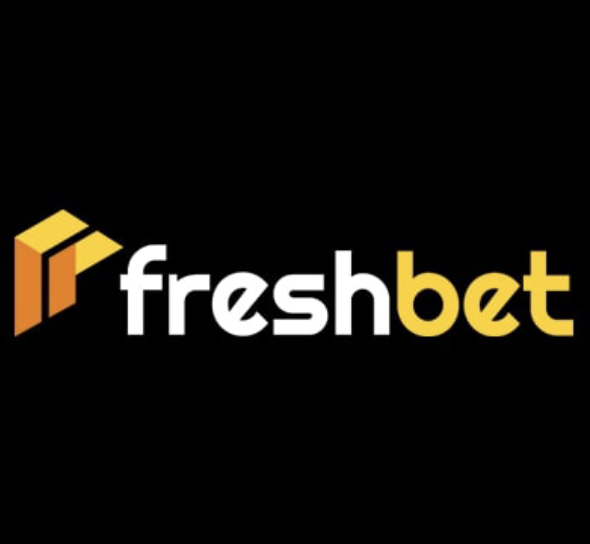
- Welcome Bonus: 100% up to €1,500 + 500 Free Spins on your first three deposits.
Withdrawal Speed: Instant to 48 hours.
Unique Benefits:
• Extensive sportsbook and esports betting alongside a full-featured casino.
• Thousands of games from top-tier providers including slots, live casino, and virtual sports.
• Fully crypto-friendly—accepts Bitcoin, Ethereum, and more for deposits and withdrawals.
Goldenbet
1RED
SpinsHeaven
MagicWin
LuckyMister
GoldenMister
Basswin
What is the Costa Rica Gambling License?
Here lies the industry’s most persistent myth: the Costa Rica gambling license simply does not exist as a regulatory instrument. No governmental body issues such permits, no commission oversees gambling activities, and no formal licensing structure governs online casino operations within Costa Rican territory.
The reality involves a completely different mechanism. Gaming companies establish legal presence through standard corporate registration procedures, coupled with municipal data processing authorizations. What operators market as a Costa Rica gaming license actually represents conventional business incorporation plus specialized data handling permits, typically requiring $6,500-$10,000 in initial investments.
Is gambling legal in Costa Rica? This question demands nuanced understanding. The nation’s 1922 Gambling Law technically prohibits chance-based games for domestic residents, yet evolving legal interpretations permit companies to serve international clientele exclusively. This dual framework means gambling in Costa Rica exists in a restricted format – forbidden for locals while accessible to foreign markets.
The operational philosophy centers on jurisdictional interpretation: gambling activities occur at the player’s physical location rather than the server’s hosting site. This principle enables Costa Rican corporations to process international gambling transactions legitimately while maintaining domestic prohibitions. Consequently, Costa Rica online gambling providers must implement comprehensive geo-blocking for local IP addresses and cannot utilize domestic banking infrastructure.
Establishing gambling Costa Rica ventures requires choosing between two corporate structures: Sociedad Anónima (SA) for larger operations or Sociedad de Responsabilidad Limitada (SRL) for smaller entities, followed by securing municipal data processing authorizations. The Costa Rica gaming license cost advantage over traditional jurisdictions makes this destination particularly appealing for emerging operators and cryptocurrency-focused platforms.
How to Verify a Casino’s Registration
Confirming authentic Costa Rican registration demands direct governmental verification, as public databases for validating Costa Rica lizenz claims remain non-existent. The definitive verification pathway involves contacting the Ministry of Commerce, Industry, and Economy (MEIC) directly at telephone +506 235 2700 or via email [email protected].
Warning signals of fraudulent licensing assertions:
- References to non-existent “Costa Rica Gaming Commission”
- Display of fabricated official gambling license documentation
- False claims regarding regulatory supervision or compliance oversight
- Refusal to provide verifiable MEIC registration information
Legitimate verification requires obtaining the operator’s corporate registration identifier (Cédula Jurídica) and confirming this information through MEIC channels. Authentic operations maintain verifiable business registration documentation and demonstrable physical office locations within Costa Rica. Many gaming websites showcase elaborate Costa Rica online gambling license documentation that proves entirely fabricated upon investigation, given that authentic regulatory permits in this category remain non-existent.
For those questioning is gambling legal in Costa Rica operations, the focus should shift toward confirming legitimate business incorporation status rather than chasing non-existent gambling authorization documents. The gambling license in Costa Rica framework functions through entirely distinct procedures compared to traditional gaming regulatory systems, demanding specialized verification approaches.
Requirements for Operators
Creating Costa Rica gambling businesses requires mastering standard commercial registration processes instead of traditional gaming permit applications. The Costa Rica online gambling license development involves dual phases: formal business establishment followed by specialized municipal data handling authorizations.
Corporate Formation Prerequisites:
Gaming entrepreneurs must select between SA (Sociedad Anónima) for comprehensive operations or SRL (Sociedad de Responsabilidad Limitada) for streamlined ventures. SA structures demand dual shareholder minimums, while both formats require establishing tangible Costa Rican office presence alongside appointing local directorial representation. All corporate documentation must be prepared in Spanish to satisfy governmental requirements.
Financial barriers remain exceptionally accessible, with Costa Rica gaming license cost frameworks spanning $10,500-$21,000 during inaugural years – substantially below competing jurisdictions. Ongoing operational expenses typically fall between $5,000-$12,500 annually, positioning Costa Rica among the world’s most economical gaming destinations.
Operational and Technical Mandates:
Law 9449 compliance necessitates comprehensive AML/CFT policy implementation alongside robust customer identification protocols and transaction monitoring infrastructure. Operators must deploy sophisticated IP restriction technology preventing Costa Rican residents from accessing gaming services, while maintaining detailed record-keeping systems with mandatory five-year data retention periods. Additionally, data processing compliance requires maintaining server infrastructure within Costa Rican territory.
Costa Rica gambling ventures benefit from absent minimum capital thresholds, software certification requirements, or continuous regulatory supervision – distinguishing them significantly from conventional gaming jurisdictions. Banking limitations present the primary operational challenge, as domestic financial institutions cannot process gambling-related transactions, forcing operators toward offshore banking solutions.
Age verification standards follow Costa Rican law establishing 21-year minimums for gambling participation, though this primarily affects land-based hotel casino operations. The gambling age in Costa Rica applies differently to online operators, who must implement age verification systems matching their target markets’ specific legal requirements rather than Costa Rican domestic standards.
Allowed and Restricted Countries
Costa Rica gambling operations face specific geographical restrictions that operators must carefully navigate. Costa Rican residents are completely prohibited from accessing gambling services offered by companies based in the country, regardless of the operator’s business registration status.
Restricted Players:
- All Costa Rican citizens and residents (mandatory IP blocking required)
- US residents (most operators avoid due to federal gambling laws)
- Players from countries where online gambling is explicitly illegal
Generally Allowed Markets:
- European Union residents (though EU consumer protection laws may not apply)
- Canadian players (depending on provincial regulations)
- Other Latin American countries
- Asian markets where online gambling is legal
The Costa Rica lizenz framework creates unique compliance challenges since operators must adhere to both Costa Rican restrictions and the laws of their target markets. This dual compliance requirement means that is gambling legal in Costa Rica becomes a secondary consideration to whether gambling is legal in the player’s jurisdiction.
Operators typically implement sophisticated geo-blocking systems to ensure compliance with geographical restrictions. However, the absence of formal gambling regulation means enforcement relies primarily on operator self-compliance rather than regulatory oversight.
Which Casinos Are Registered in Costa Rica?
The landscape of Costa Rican online casino operations has changed dramatically, with only 34 operators currently active compared to over 400 historically. This consolidation reflects increasing regulatory pressure from other jurisdictions and the challenges of operating without formal gambling licenses.
Casinos Registered in Costa Rica
Currently Active Legitimate Operations:
- Slotmonster Casino and Incognito Casino (registered as EOD Code SRL, Corporate ID No. 3-101-910497)
- Multiple cryptocurrency-focused casinos that maintain proper business registration
- Several white-label operations serving international markets
The significant decline in active operators stems from various factors including US state-by-state gambling legalization, Brazil’s recent regulatory framework, and increased compliance pressure from payment processors and affiliate partners. Many operators have migrated to Curaçao, Malta, or other formally licensed jurisdictions.
Verification Status: Only 6 of the currently active operators maintain ratings of two stars or better according to industry watchdog organizations. This highlights the challenge of identifying reputable operators within Costa Rica’s self-regulated environment.
The Costa Rica gaming license operators must be distinguished from companies that falsely claim licensing. Legitimate operators can provide MEIC registration details and maintain physical offices in Costa Rica, while fraudulent operations often cannot substantiate their registration claims.
Casinos with Other Licenses
Many casinos previously operating under Costa Rica gambling frameworks have transitioned to other jurisdictions. This migration pattern reflects the industry’s evolution toward formal regulatory compliance and improved player protection measures.
Common Migration Destinations:
- Curaçao: Offers formal gambling licenses with moderate regulatory oversight
- Malta: Provides EU-regulated environment with comprehensive player protection
- Kahnawake: Delivers balanced approach between regulation and operational flexibility
The movement away from Costa Rica online gambling reflects several factors: difficulty accessing traditional payment methods, banking restrictions, and reduced credibility with international partners. Successful operators often use Costa Rica as a testing ground before migrating to licensed jurisdictions.
Some operators maintain dual strategies, operating cryptocurrency-focused brands from Costa Rica while launching traditional payment operations in licensed jurisdictions. This approach leverages Costa Rica’s crypto-friendly environment while addressing market access limitations.
Pros and Cons of Costa Rica-Registered Casinos
Advantages for Operators:
Cost Efficiency: The Costa Rica gaming license cost represents one of the lowest entry points globally, with total setup costs under $25,000 compared to $100,000+ in Malta or $50,000+ in Curaçao.
Speed to Market: Companies can launch operations within 2-3 weeks compared to 12+ weeks for traditional gambling jurisdictions. This rapid deployment capability makes Costa Rica attractive for testing new concepts or responding quickly to market opportunities.
Cryptocurrency Focus: Costa Rica’s crypto-friendly regulatory environment supports Bitcoin, Ethereum, and other digital currency operations without the restrictions found in traditional gambling jurisdictions.
Tax Benefits: Zero taxes on gambling revenue generated outside Costa Rica creates significant financial advantages for international operations.
Disadvantages for Players:
No Player Protection: The absence of regulatory oversight means no formal dispute resolution mechanisms, no software testing requirements, and no player fund protection measures.
Banking Limitations: Operators cannot access traditional payment methods like Visa or MasterCard, limiting player deposit and withdrawal options primarily to cryptocurrency.
Verification Challenges: Players cannot easily verify operator legitimacy through official databases, requiring direct contact with Costa Rican authorities.
Limited Recourse: Player disputes must be resolved directly with operators or through third-party mediators, with no regulatory authority to enforce resolutions.
The gambling in Costa Rica framework prioritizes operator convenience over player protection, creating significant risks for players who encounter issues with unscrupulous operators.
How to Choose a Safe Online Casino
Selecting a safe Costa Rican online casino requires enhanced due diligence given the absence of regulatory oversight. Players must assume greater responsibility for verifying operator legitimacy and implementing personal protection measures.
Essential Verification Steps:
- Confirm MEIC registration by contacting Costa Rican authorities directly
- Verify physical presence through confirmed office address and local employees
- Check third-party ratings on established review platforms like Casinomeister
- Test customer support responsiveness and professionalism
- Review payment methods and withdrawal processing times
Red Flags to Avoid:
- Claims of “Costa Rica Gaming Commission” licensing
- Inability to provide corporate registration details
- Promises of regulatory protection or oversight
- Refusal to work with established third-party mediators
- Vague or inconsistent contact information
Since the gambling age in Costa Rica doesn’t directly apply to international players, verify that the casino implements proper age verification for your jurisdiction. Look for operators that maintain high standards despite the absence of regulatory requirements.
Recommended Alternatives: Players seeking maximum protection should consider casinos licensed in Malta, the UK, Gibraltar, or other jurisdictions with comprehensive regulatory frameworks. These alternatives provide formal dispute resolution, player fund protection, and regulatory oversight that Costa Rica gambling operations cannot match.
Frequently Asked Questions
Does gambling activity exist in Costa Rica? Absolutely – Costa Rica maintains an active online gambling sector serving global markets, complemented by land-based casino facilities within tourist hotels. Domestic residents face complete gambling prohibitions under current legislation.
What constitutes a Costa Rica online gambling license? This represents a widespread industry misconception – Costa Rica produces no gambling licenses whatsoever. Gaming companies function through standard business incorporation combined with municipal data processing authorizations.
What financial investment does a Costa Rica gaming license cost require? Given the absence of actual gambling licenses, expenses relate to business registration and data processing permits, generally totaling $10,500-$21,000 during the initial operational year including administrative fees.
Can US players use Costa Rica gambling sites? While Costa Rican law doesn’t prohibit US players, federal US laws make online gambling illegal for US residents regardless of the operator’s location.
What is the gambling age in Costa Rica? The minimum gambling age is 21 for all forms of gambling in Costa Rica, though this primarily applies to land-based operations serving tourists.
How do I verify a Costa Rica lizenz? Contact MEIC directly at +506 235 2700 to verify business registration, as no official gambling license database exists.
Conclusion
Costa Rica’s gambling framework represents a unique approach that prioritizes business flexibility over traditional regulatory oversight. While this creates opportunities for rapid market entry and cost-effective operations, it also generates significant risks for players who lack formal protection mechanisms.
The Costa Rica gambling license that operators claim doesn’t actually exist – companies operate under standard business registration with data processing permits. This distinction is crucial for understanding the real legal framework and associated risks.
For operators, Costa Rica remains valuable as a testing ground and cryptocurrency-focused jurisdiction, but most successful companies eventually migrate to formally licensed territories. The declining number of active operators from over 400 to just 34 reflects this evolutionary pattern.
For players, extreme caution is warranted when engaging with Costa Rica gambling operations. The absence of regulatory oversight, limited dispute resolution options, and banking restrictions create substantial risks that don’t exist with properly licensed alternatives.
The future of gambling in Costa Rica likely involves continued specialization in cryptocurrency operations and startup testing, while serious operators pursue formal licensing elsewhere. Players seeking the safest gambling experience should prioritize casinos licensed in jurisdictions with comprehensive regulatory frameworks and proven player protection measures.
